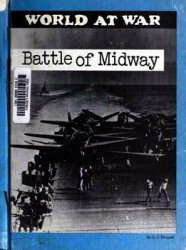The last parliament of Ireland, elected in 1797, Dublin (Library of Congress)
Nineteenth and early 20th-century Irish nationalists, seeking to end the Act of Union of 1800 that absorbed the Irish legislature into that of Britain, would idealize the short-lived era of parliamentary independence, that of "Grattan's parliament." However, the situation in Ireland in that era was scarcely ideal in view of extraordinary institutional contradictions, the varying agendas of different champions of independence, and the continuing gulf between the two nations within Ireland, the Protestant Ascendancy and the Catholic masses. The institutional contradiction lay in the fact that the administration in Ireland, under the lord lieutenant and his chief secretary, remained under the direction of the British cabinet, of which both were members. They would seek to advance policies and legislation through the Irish parliament that were decided by, and were in accordance with the wishes of, the British government.
The champions of independence began to differ among themselves as to the next step on their agenda. Some advocated further relaxation of the political and

Social restraints on Catholics, whereas others saw any involvement of Catholics in governance as an ultimate threat to the benefits of the Glorious Revolution and to the Ascendancy. Some spoke in terms of moving beyond parliamentary independence to the issue of parliamentary reform, that is, to reorganize the way in which members were selected away from the oligarchic constituencies of varying sizes and extremely limited electorates toward a system of equal constituencies with broader franchise and more frequent elections. Others talked of reform in more limited terms, thinking primarily of inhibiting the awarding of patronage to members of parliament by the government as a means of influencing their votes. In addition, while there had been some modifications of the Penal Laws and mitigation in their enforcement, the fact remained that the overwhelming majority of the population were excluded from its governance and were subject to disabilities because of their religion. Lastly, the land system of most of Ireland was settling into the disaster-prone character of oligarchic ownership, characterized by large-scale absentee ownership, numerous exploitive middlemen, and millions of peasant tenants who held small holdings of very short tenure or who were employed as cottiers or laborers, who paid for their homes with their labor.




 World History
World History









